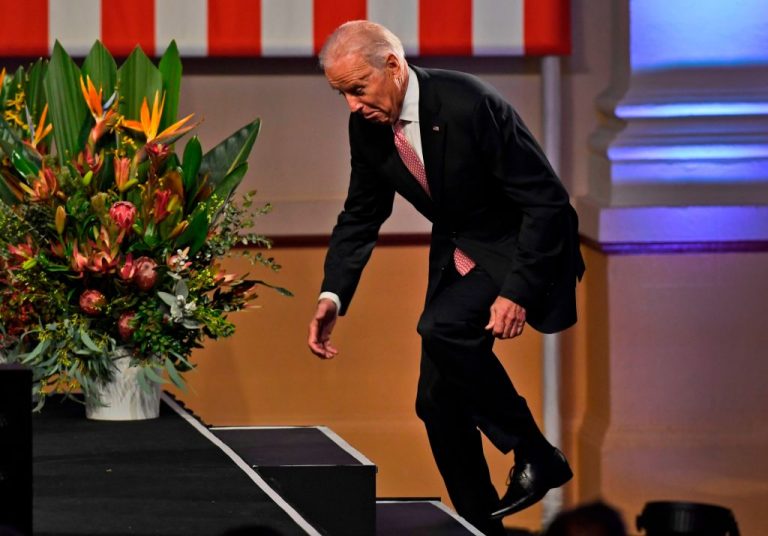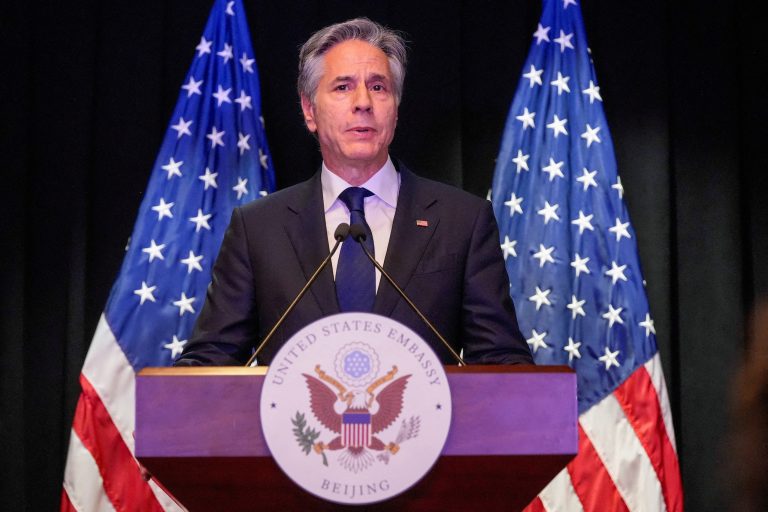U.S. President Joe Biden’s net $6 trillion stimulus spending for the fiscal year 2022 is balanced on the application of a retroactive-to-April heavy capital gains tax increase, according to a report by Wall Street Journal.
The change means investors would lose the ability to exit their winning positions at the lower tax rate and be trapped at the hiked rate.
Capital gains tax is paid on profits made from investments. Biden wants to raise the tax rate on capital gains from the present 23.8 percent to a staggering 43.4 percent on households that make an annual income of more than $1 million.
When taxes go up, investors naturally rush to realize their gains at the lower tax bracket before the hike takes effect. A report by the Tax Policy Center shows that capital gains realizations rose by 60 percent in 1986 before the new tax rate of 28 percent was due to come into effect in 1987 from the previous 20 percent. Similarly, widespread exits jumped 40 percent in 2012 when the tax rate increased to 25 percent from 15 percent in 2013.
Plan would ‘spook small businesses and investors’
At a recent meeting of the Senate Committee on Banking, Housing, and Urban Affairs, the representatives of the six biggest U.S. banks – Wells Fargo, Goldman Sachs, Citigroup, JP Morgan Chase, Bank of America, and Morgan Stanley – said that implementing a capital gains hike retroactively would “spook small businesses and investors” and also result in economic damage.
Success
You are now signed up for our newsletter
Success
Check your email to complete sign up
“Anything that is retroactive creates extra anxiety and extra uncertainty, and that would just slow down economic activity…So I think retroactivity is something to be very, very cautious about. And I do think a chilling of investment activity through a higher capital-gains tax is something to also think through carefully,” David Solomon, Chief Executive of Goldman Sachs Group Inc. said at the hearing.
Sen. John Thune (R-SD) calls retroactivity a case of “terrible policy” because many people have made their investment plans based on current laws, “You can’t change the rules in the middle of the game.”
A report by the New York Post that cites a source “close to the situation” says that the White House might be testing waters on the policy by first leaking it to Wall Street Journal.
“If any key Democrat directly or indirectly comes out and says we think it’s a good idea — then the market has to take it more seriously,” Charles Myers of Signum Global Advisors said to the media outlet.
Myers believes that the Biden administration may have to settle for a tax hike on the lower side, like 30 percent instead of the proposed 43.4 percent.
In addition to raising capital gains, Biden is also proposing to change capital gains at death, a move that has been opposed by Sen. Jon Tester (D-MT) and Rep. Cindy Axne (D-IA).
Presently, no taxes are applied to the unrealized gains of deceased people. Their heirs only pay taxes when they sell off the assets, and only on gains made prior to the owner’s death. Biden’s changes will have inheritors incur income tax on the unrealized gains of an estate at time of death.
Capital gains tax hikes and retroactive taxes are also being discussed and implemented at state levels. In Washington, Governor Jay Inslee recently signed into law a 7 percent capital gains tax.
In New York, lawmakers have proposed a tax hike on the state’s highest earners that would be retroactively implemented with an effective date of Jan. 1, 2021 in order to pay for the state’s heavy $212 billion budget, which includes a $15,600 cash payout for illegal immigrants.
















